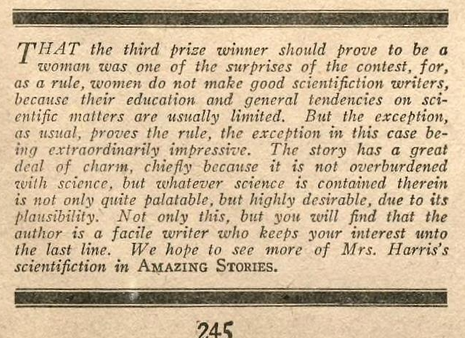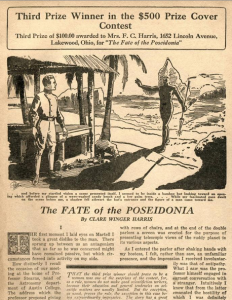Well, I’m back in Korea again. Living here for the first time in four years (although I did visit a couple of times while I was in Europe). It is good to be back, trying to find my bearings again. Trying not to stick Spanish words randomly into my sentences. Trying not to gag when I see the price of a glass of wine or an espresso (although smiling happily when I see the price of Korean food and soju).
At the same time, Simon and Martina over at Eat Your Kimchi have just celebrated their fifth anniversary in Korea, with a post about how Korea has changed them. It is a good post, but what I find really fascinating are the comments below (I have them organized by most popular). It is full of people who have written little testimonials about why they are into K-pop and Korean culture, despite living far from Korea and having few direct connections to the country. There is a 25-year-old Kindergarten teacher (in Sweden, I think), a 48-year-old mother in Utah, some guy living in Poland, a 17-year-old in the Caribbean who wants to study in Japan.
Of course, Eat Your Kimchi is about a lot more than K-pop. But I think their audience speaks a lot to the international audience for K-pop. It’s not that K-pop or Korean culture is “taking over” the world. But world culture is fragmenting more and more, offering people ever more options of what they can listen to and how they can define themselves.
Back in the 1980s, each year there would be a “biggest music group in the world”, a group (or two) that would dominate radio, that everyone wanted to see in a huge stadium concert, that would be on MTV (or Much) 24-hours/day. That kind of singular domination doesn’t really exist anymore. Most of the stadium touring groups are oldie acts, that old people will go see, even if mostly out of habit. The biggest concerts now are the huge summer festivals, with dozens of acts on the bill, usually in a wide range of genres.
K-pop and Korean culture has become one more option in the buffet of world culture. And for now, it is a very popular part of the buffet — which is good because that means the restaurant keeps replacing it quickly, keeping it fresher than the boring food no one likes and that simmers for hours growing stale. (Er, I think I’ve overextended that metaphor).
Anyhow, Korean things are doing very well now, and I think they are going to continue for some time to come. But as you can see from Simon and Martina and most of their followers, these fans are not usually singular obsessives, caring only about Korea. Korea is one part of a nutritious, cultural breakfast. And, imho, that’s pretty cool.
As for how Korea has changed me. Well, I’ve been in Korea, off and on, since I was 25. Somehow I have fallen into a career that largely involves Korea things — writing about Korea in one form or another. So of course Korea is a big part of my life. I know some people out there have read my book on Korean culture, which makes me feel very lucky.
Seriously, just the thought that people paid money to read my thoughts on a subject is pretty overwhelming. When you are in a newspaper or magazine, you know they are paying for the whole package, and your article is one small part. But a book? That’s all on you, and if they hate it, you just wasted their time and their money. So, anyone out there who read the book, thanks so much.
And, as I have hinted before, there are more books on the way. I think there will be two coming out later this year … I just hope you will continue to find them interesting and useful.
How about you all? Has Korea changed you? Or have you seen Korea change?




